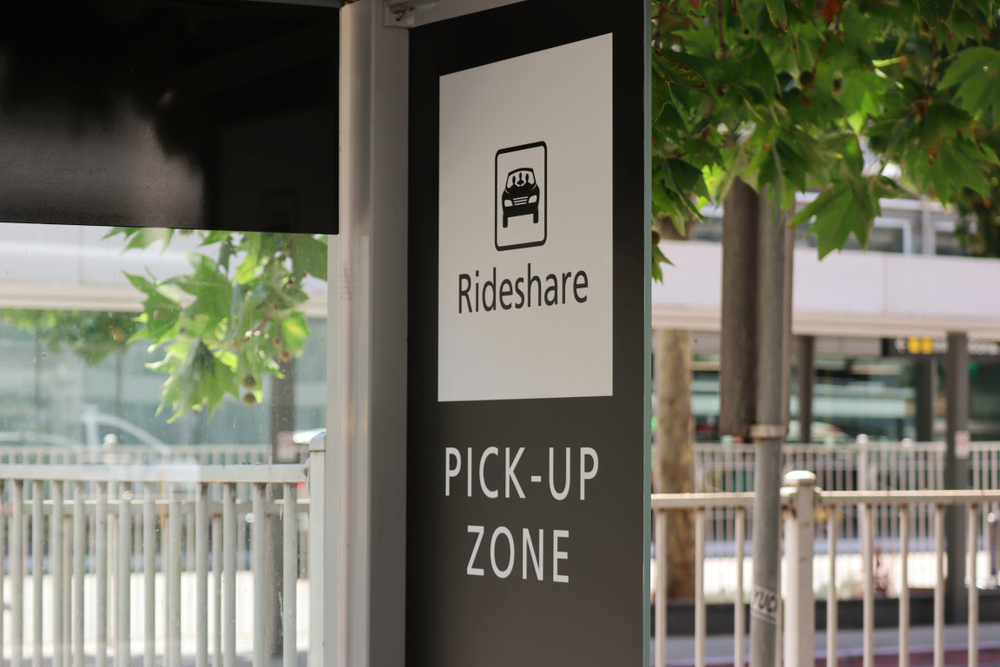Hundreds of people across the United States have come forward with claims of rideshare assault, alleging that Uber and Lyft have not done enough to protect passengers from incidents of physical abuse, kidnapping, and attacks by drivers. These brave individuals have shared their harrowing experiences, recounting incidents of groping, kidnapping, and even rape.
Already, more than 200 sexual assault lawsuits against Uber have been consolidated in a multidistrict litigation in the Northern District of California. Consolidating the claims allows for more efficient handling of pretrial matters, such as witness and expert depositions, and document discovery. However, survivors still have a long road ahead and will likely face significant delays before seeing any kind of resolution.
Rideshare Sexual Assault: A Growing Problem
Rideshare services like Uber and Lyft have become a popular alternative to traditional taxis, providing millions of people with a reliable means of transportation. However, thousands of people have come forward with horrific stories of being sexually assaulted or attacked while using Uber and Lyft, leading to a growing number of claims alleging rideshare sexual assault.
The victims in these rideshare assault lawsuits are seeking justice and accountability from the companies they see as liable. They argue that Uber and Lyft can take steps to make rides safer but have been slow and inadequate in their response to incidents of rideshare assault. Allegations include substandard background checks, failure to remove drivers after assault allegations, and a lack of proactive safety measures, such as fingerprint background checks and dashcam recordings of every ride.
The Devastating Impact of Rideshare Assault on Survivors
The personal impact of these rideshare assaults cannot be understated. One survivor, Lyssa Broomfield, shares her story of getting separated from her friends while at a Downtown Los Angeles nightclub in 2019 and calling an Uber to go home. Broomfield was heavily intoxicated, and when her Uber arrived, the driver told her to get in the front seat. “From then on it’s a blur,” she told NBC Bay Area. “The one thing I remember the most is just being in some random parking lot.”
According to her Uber trip details, Broomfield was picked up at 1 a.m. In the police report she filed the next day, she states that she was in the vehicle for five and a half hours, until 6:30 a.m. During this time, she was in and out of consciousness. Medical documents reveal that she suffered a violent sexual assault, resulting in several herniated discs and debilitating pain that persists to this day.
Broomfield’s claim is just one of approximately 2,000 civil lawsuits filed against Uber in state and federal courts, alleging negligence in protecting passengers from sexual abuse by drivers. However, what many people don’t realize is the significant delays these victims face in their pursuit of justice. Broomfield recently learned from her attorney that it could take close to a decade to see any resolution to her claim.
“I need to find a way to survive now. I don’t have 10 years to wait. My body is degenerating every minute, day by day. It’s just getting worse,” Broomfield says.
Holding Uber and Lyft Accountable for Sexual Assaults
These rideshare assault lawsuits highlight the urgent need for rideshare companies like Uber and Lyft to prioritize passenger safety and take meaningful action to prevent future assaults. While Uber has introduced some safety features, such as an emergency button and real-time ride monitoring, the question remains whether these measures are sufficient to address the scale of the problem. Implementing stricter safety standards for rideshare services could conceivably deter potential assailants and provide crucial evidence in the event of an assault.




